
Karma Symbol / Hidden meanings of the 4 most powerful celtic symbols. Go Images Load
Definitions Everything that we have ever thought, spoken, done or caused is karma, as is also that which we think, speak or do this very moment. [2] Hindu scriptures divide karma into three kinds: [2] Sanchita is the accumulated karma. It would be impossible to experience and endure all karma in one lifetime.

good Karma Symbolic tattoos, Karma symbol, Hindu symbols
The traditional view of Hinduism has been that karma is a body of obligatory duties, rites and rituals, we are expected to perform as a part of our social, moral, family and personal responsibilities. Same is the approach of the Mimansa (ritual) schools of Hinduism. Hindu scriptures classify such duties into the following three categories:
Karma In Hinduism Symbol, PNG, 512x512px, Karma, Area, Brand, Buddhism, Gesture Download Free
The word karma comes from the sacred Hindu language, Sanskrit, and translates to 'work' or 'action'. In the Hindu, Sikh, Buddhist, and Jain religions, Sanskrit is the language used by the gods to.
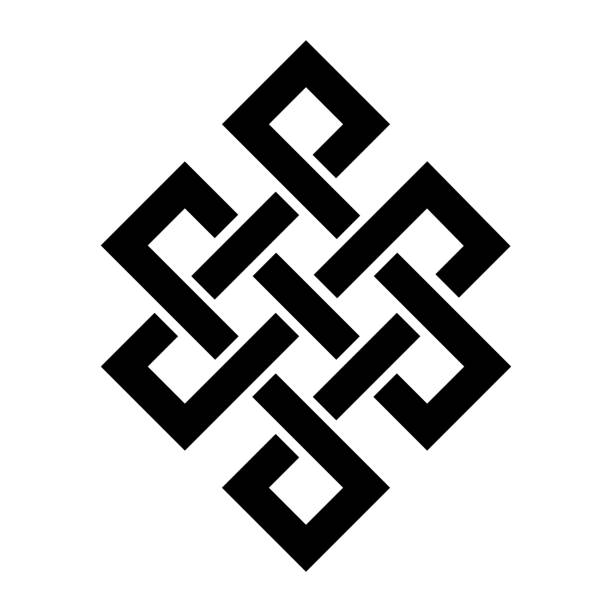
Karma Symbol / Hidden meanings of the 4 most powerful celtic symbols. Go Images Load
Karma (or kamma in Pali) is a concept common to Hinduism, Buddhism and Jainism, but interpreted in different ways. This article focuses specifically on Hindu beliefs about karma. The concept of karma or "law of karma" is the broader principle that all of life is governed by a system of cause and effect, action and reaction, in which one's deeds.
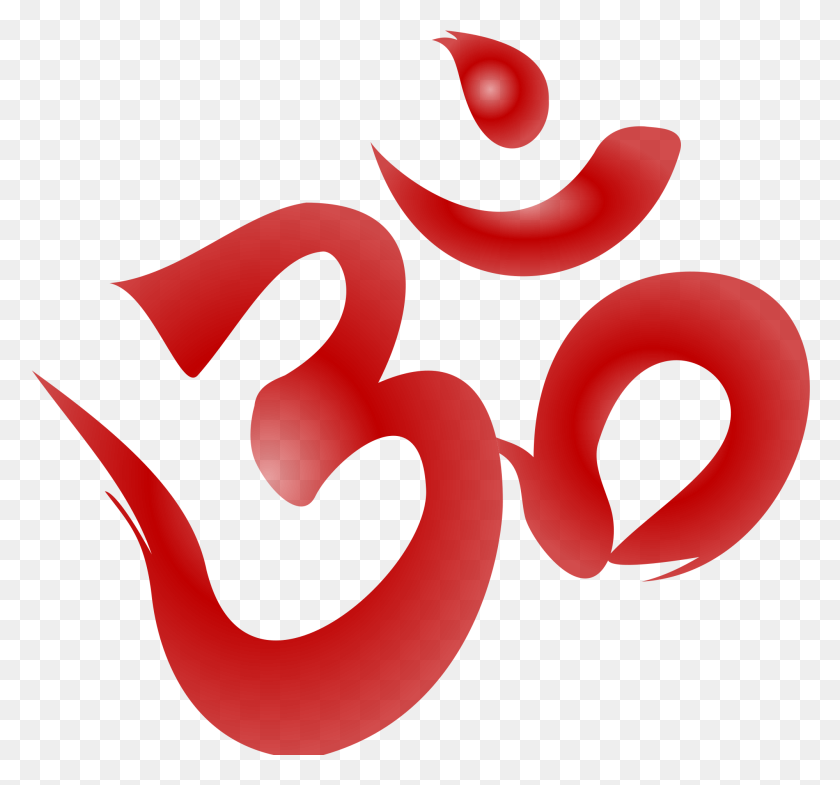
Hinduism Transparent Karma Symbol / Karma is the hindu view of causality in which good deeds
In Hinduism it means the tally of all one's actions that will determine future rebirths. How is karma practiced in Hinduism? Karma is not a practice. It is the inevitable consequence of any.
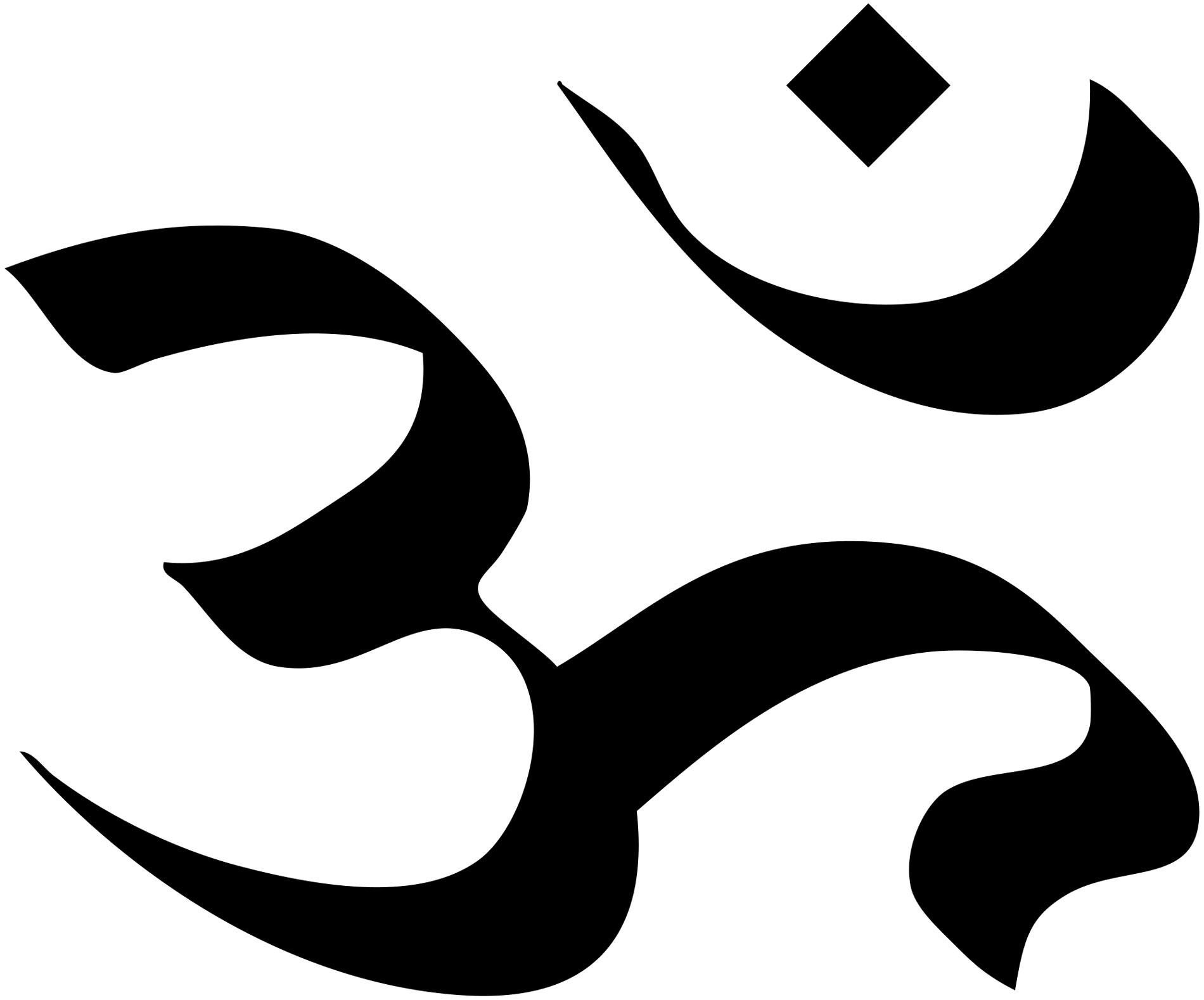
Hindu Perspectives on Death Karma and Its Implications Anthropological Perspectives on Death
bhava ( भव) means "being, worldly existence, becoming, birth, being, production, origin". [web 1] In Buddhism, bhava denotes the continuity of becoming (reincarnating) in one of the realms of existence, in the samsaric context of rebirth, life and the maturation arising therefrom. [2]
Karma Symbols Illustrations, RoyaltyFree Vector Graphics & Clip Art iStock
The Trishula - Trishula or the Trident is a prominent Hindu symbol that is associated with Lord Shiva. Though this three-pronged symbol is usually viewed as a weapon used by the Lord for the protection and restoration of Dharma, it actually carries deeper meanings.. (ego), Maya (illusions) and karma (actions/deeds). The dot is symbolic of.
Karma Symbol In Hinduism I believe in karma, and even named my daughter karma, and am looking
For the Nyaya school of Hinduism, Karma and rebirth are the central notions, and Udayana school suggests that the Karma proved the existence of God, and the list goes on.. There are many Karma Symbols, given that so many religions and philosophical schools have adopted this concept. Perhaps one of the most recognizable symbols is the.
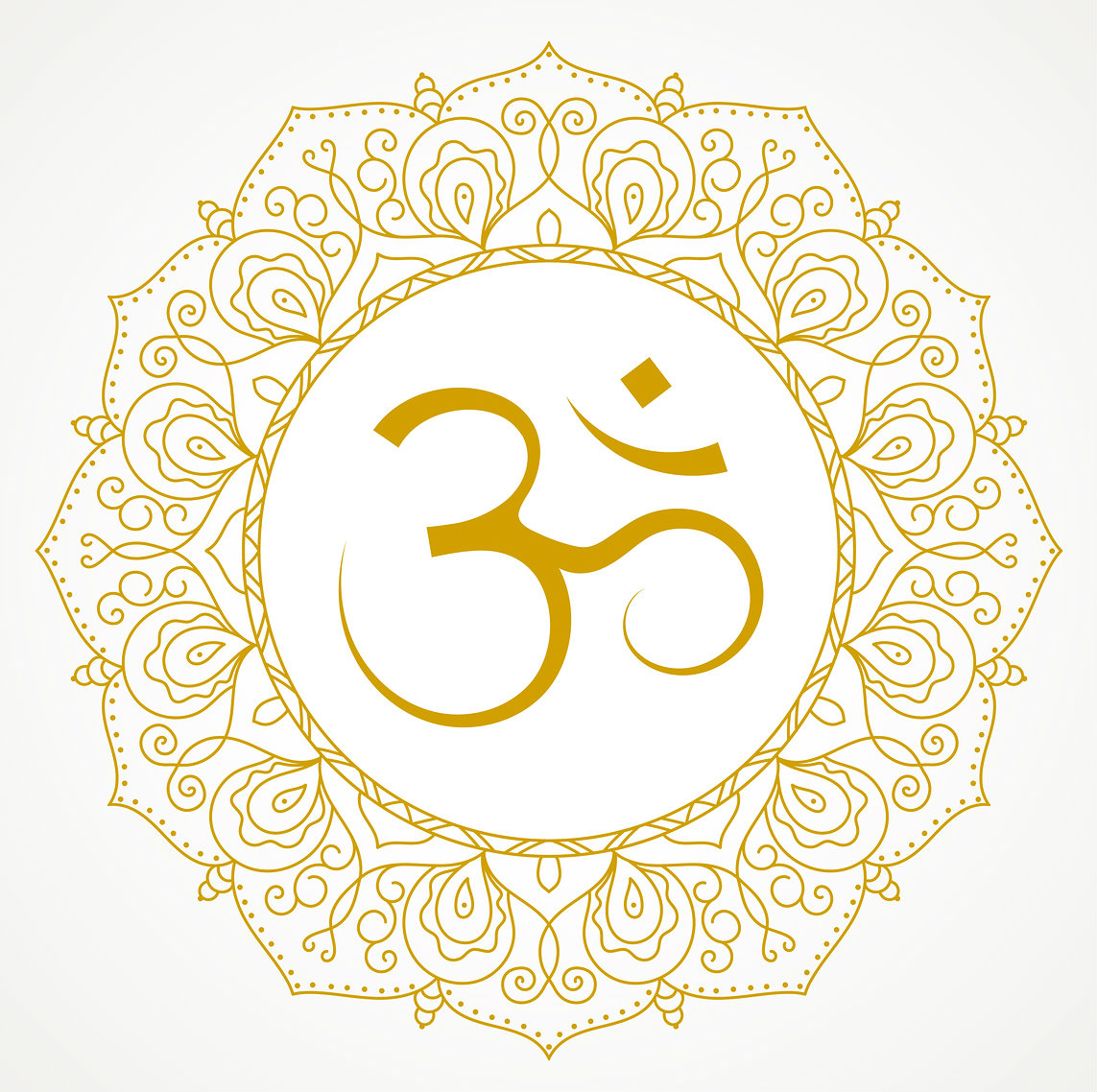
Karma Meaning Hindu Symbol The term is used within the buddhist tradition in two senses Haragua
Karma ( / ˈkɑːrmə /, from Sanskrit: कर्म, IPA: [ˈkɐɾmɐ] ⓘ; Pali: kamma) is a concept of action, work, or deed, and its effect or consequences. [1]
Karma Meaning Hindu Symbol The term is used within the buddhist tradition in two senses Haragua
Hindu Symbols Hindu symbols are an integral part of Hinduism. As Hinduism is the oldest religion on Earth, it has more numbers of symbols than other religions. Each Hindu symbol has a different meaning and is used on different occasions. Hinduism symbols are also used as body tattoos in Western countries as well as in India.

Popista Hinduism symbol, Symbols, Karma symbol
karma, in Indian religion and philosophy, the universal causal law by which good or bad actions determine the future modes of an individual's existence.Karma represents the ethical dimension of the process of rebirth (), belief in which is generally shared among the religious traditions of India.Indian soteriologies (theories of salvation) posit that future births and life situations will be.

Symbol Of Karma But, as far as symbol, the only real symbol for karma is the wheel of karma
1. Om The very basic and most powerful symbol of Hinduism is '' OM'' which represents most of the Gods and Goddesses of Hindu religion. Many scientific and spiritual types of research declared that the word '' Om'' is the combination of three sound A, U, and M. People rather than Hindus or from other religions spell the word ''Om'' as AUM.
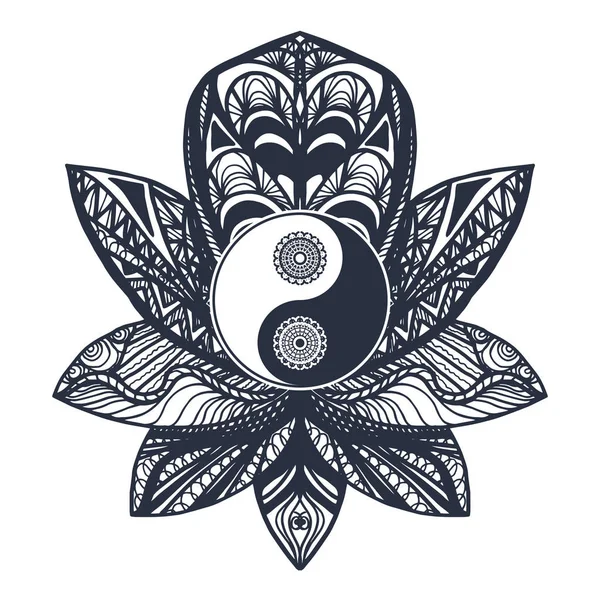
Karma Symbol For Hinduism In hinduism one of the means of reaching video for karma. Go Images S
01 of 38 Om or Aum Reproduced with permission from the Himalayan Academy Om, or Aum, is the root mantra and primal sound from which all creation issues forth. It is associated with Lord Ganesha. Its three syllables stand at the beginning and end of every sacred verse, every human act. 02 of 38 Ganesha
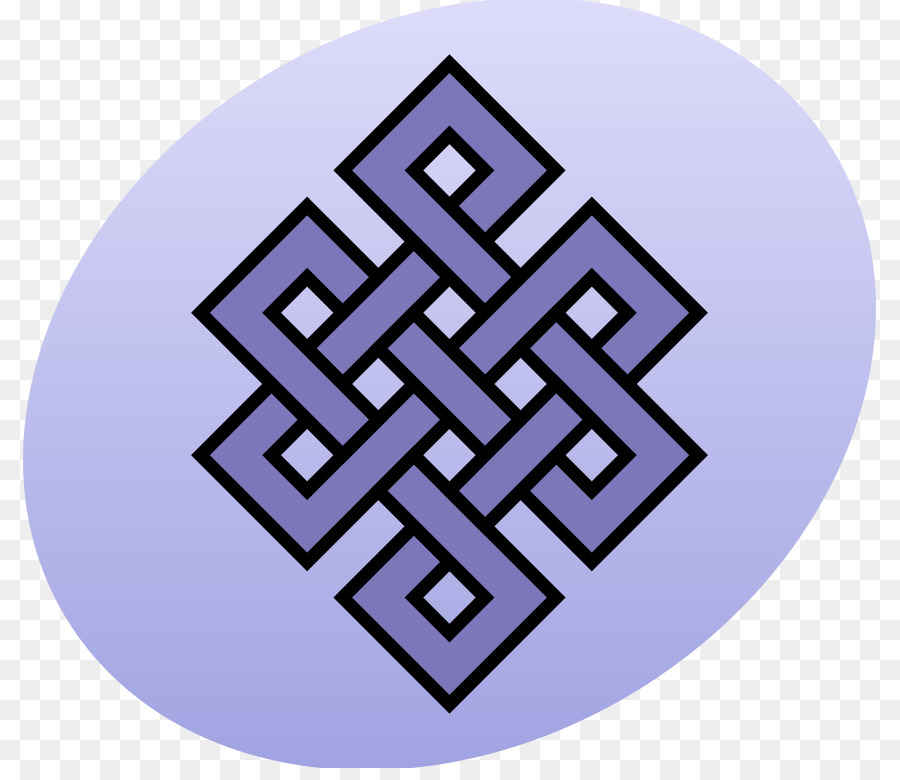
Karma Symbol Hinduism / Hinduism is replete with symbolism—some even say that no other religion
Karmic symbols are signs and drawings that are used in conjunction with karmic healing. There are many different ones, and some of them are directly linked to karmic healing while others are more representative of religious beliefs.
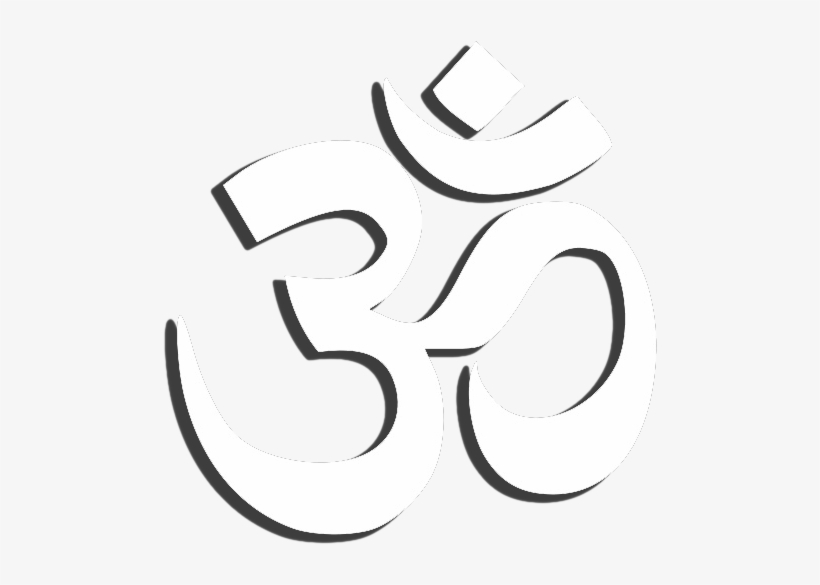
Download Transparent Karma And God White Hinduism Symbol PNGkit
Padma Symbol in Hinduism The Padma is also known as the lotus flower. The Padma is the Sanskrit word for lotus. This symbol plays a very important role in the yoga and the culture of Hinduism. In Hinduism, the Padma is representing purity, enlightenment. Also, this symbol is used in different Indian art and rangoli designs. 5. Karma Hinduism Symbol
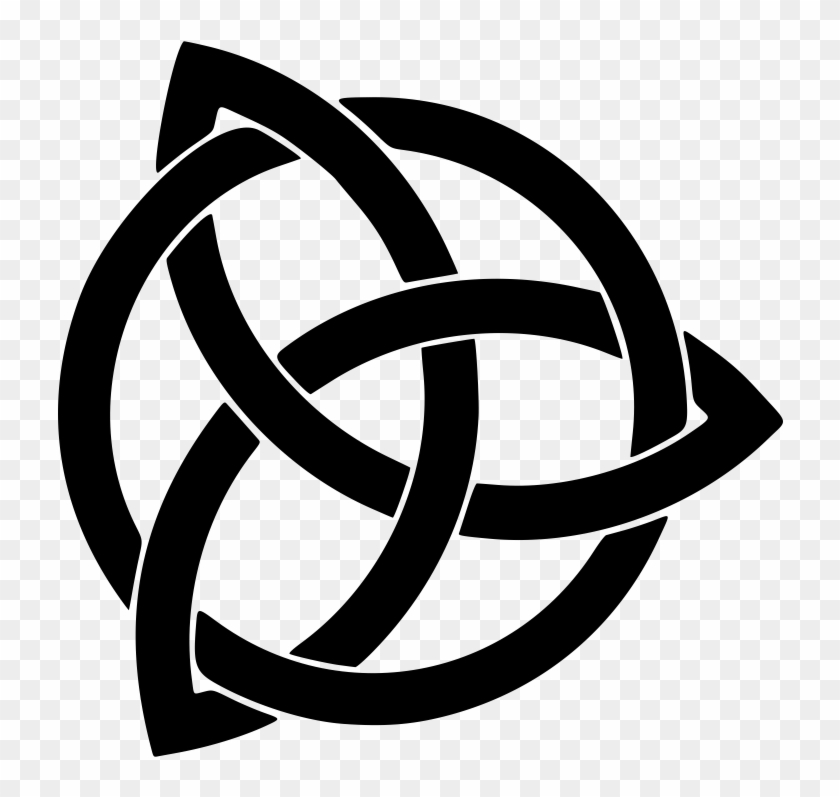
Karma Symbol Knot Meaning Free Commercial Clipart Karma Symbol Knot Meaning Free Commercial
The word "karma" is derived from the Sanskrit language and can be translated to mean "action" or "deed.". However, its meaning goes beyond a simple act or behavior. Karma refers to the consequences of one's actions, both in this life and in future lives, according to the beliefs of these religions. In the Hindu and Buddhist.